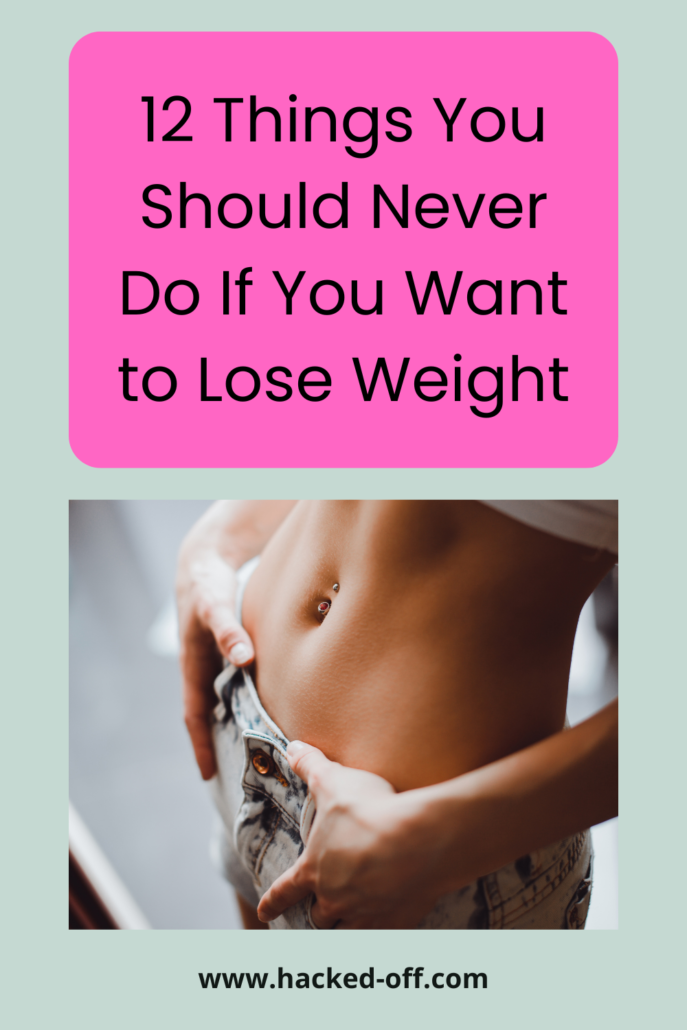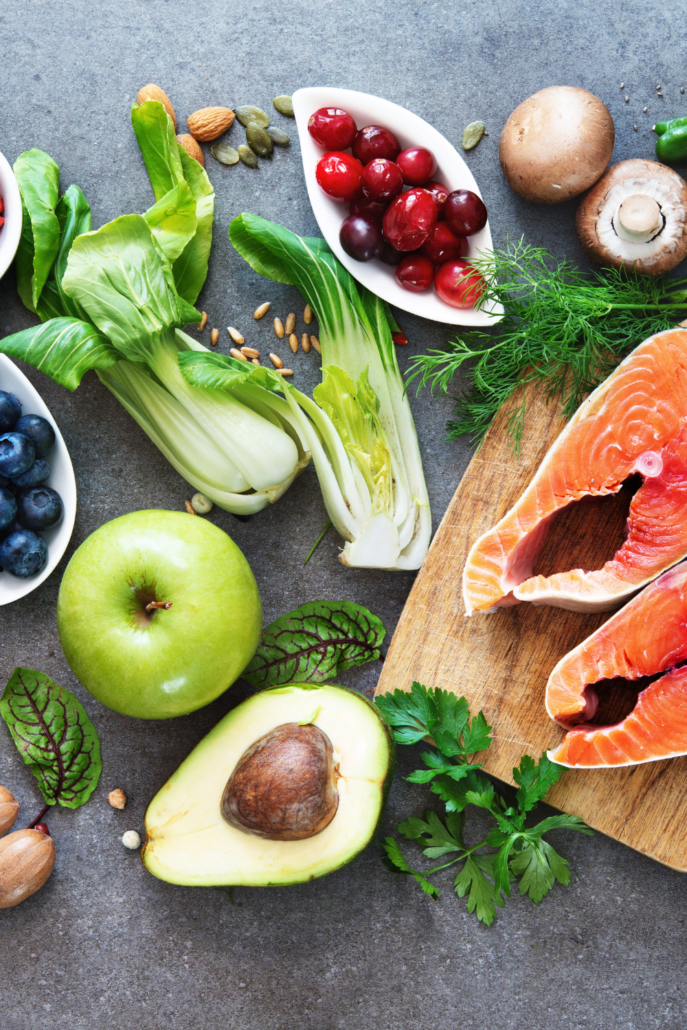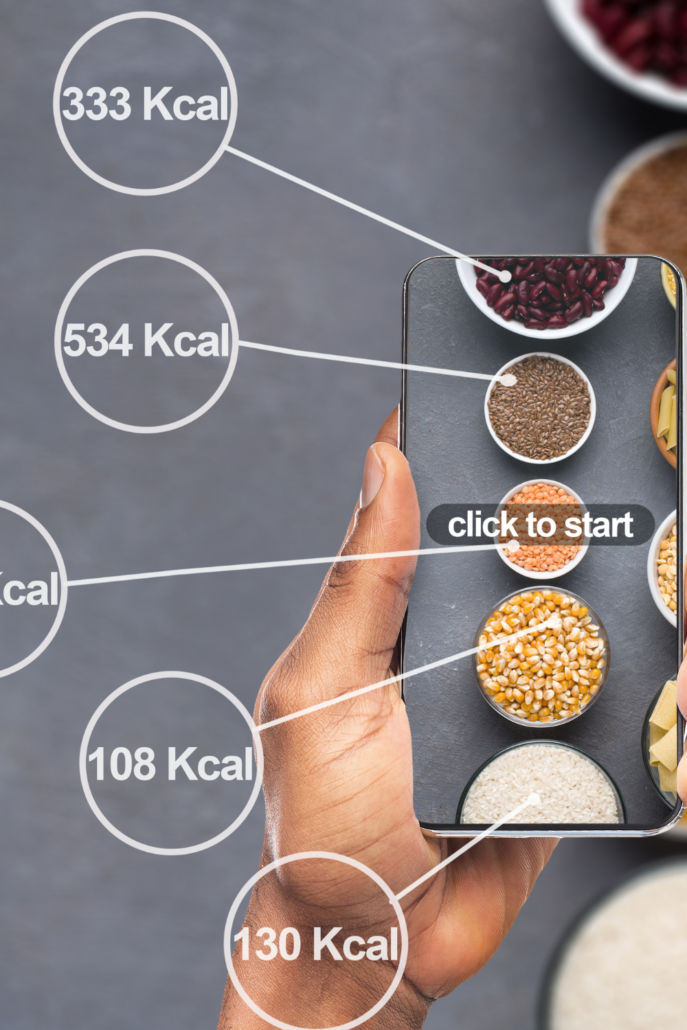When we decide to start losing weight, we often become determined to try almost anything to achieve our goal.
However, some common weight loss tactics are unnecessary and can waste your time and slow your progress.
Here are 12 things you should avoid if you want to lose weight effectively.
Let’s dive in!

1. Skipping Meals
Skipping meals might seem like a good way to cut calories, but it often leads to overeating later. You’re more likely to snack excessively, consuming more calories than you would with regular meals. Additionally, long-term meal skipping can be unhealthy and harmful. Instead, opt for balanced meals over snacks.
2. Cutting Out Entire Food Groups
No food group is inherently bad; they all play a role in a balanced diet. Cutting out beneficial foods, like those high in fiber, is counterproductive. Restrictive diets like keto eliminate healthy foods such as lentils, beans, and carrots, which are more beneficial than processed foods like bacon. A sustainable diet includes a variety of nutrients.
3. Eating Less
Severely restricting your food intake can slow down your metabolism and lead to short-term weight loss followed by weight gain (the yo-yo effect). When you’re constantly hungry, you’re more likely to binge on unhealthy foods. Focus on eating the right foods in appropriate quantities instead.

4. Relying Solely on Exercise
Exercise alone isn’t enough to counteract a poor diet. While exercise is important, it accounts for only a small portion of your daily calorie burn. A balanced diet is crucial for effective weight loss.
5. Believing in Magic Solutions
Avoid quick fixes like waist trainers, detox teas, and diet pills. Despite the marketing hype, there’s no evidence that these products lead to sustainable weight loss. True weight loss requires a balanced diet and regular exercise, not gimmicks.
6. Obsessing Over Calories
Counting calories can detract from focusing on the quality of your food. Healthy foods can be higher in calories but more beneficial for your body. For instance, almonds have more calories than a Coke Zero but provide essential nutrients. Prioritize the nutritional value of your food over calorie count.
7. Going Gluten-Free Unnecessarily
Unless you have celiac disease or a gluten sensitivity, there’s no need to eliminate gluten from your diet. Gluten itself isn’t harmful or a cause of weight gain. It’s often the other ingredients in processed foods that are problematic.
8. Eating the Same Foods Repeatedly
Variety in your diet keeps meals interesting and prevents boredom. Repetitive diets can lead to cheating and reverting to unhealthy eating habits. Experiment with new recipes to maintain excitement and sustainability in your healthy eating.

9. Eating Foods You Don’t Like
Diets that force you to eat foods you dislike are unsustainable. Instead, focus on healthy foods you enjoy and gradually try new, healthy options. This approach makes it easier to stick to a healthy eating plan.
10. Consuming Highly Processed Foods
Stay away from processed foods, even if they’re marketed as healthy. Many processed foods lack nutrients and can be detrimental to your health. Swapping processed foods for whole, unprocessed options is beneficial for weight loss and overall health.
11. Rushing Weight Loss
Weight loss is a gradual process. It takes time, commitment, and hard work to see results. Be patient and consistent, understanding that meaningful changes don’t happen overnight.
12. Targeting Specific Body Parts for Weight Loss
Spot reduction is a myth. You can’t lose weight in just one area of your body. Focus on overall fitness and a balanced diet to lose body fat and achieve better overall health.


